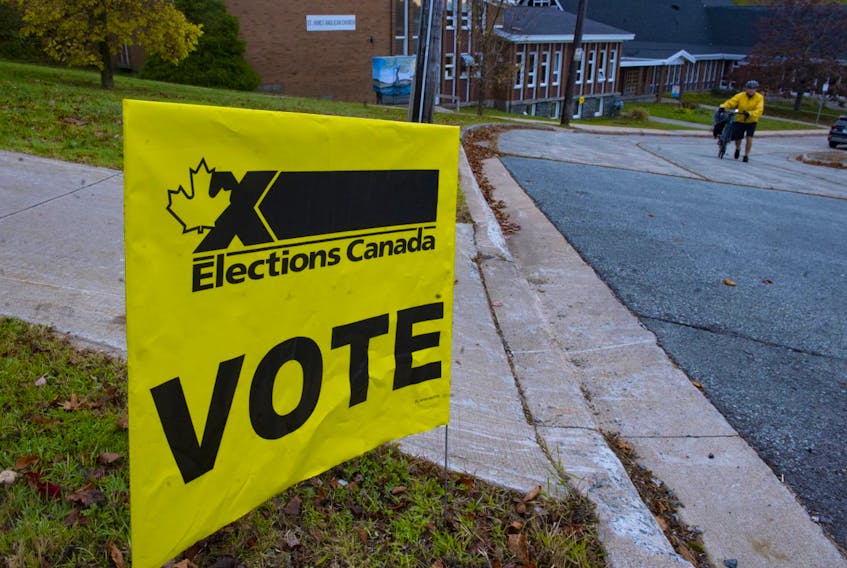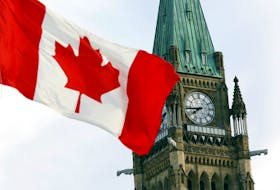OTTAWA, Ont. — A Nova Scotia charitable organization wants the courts to force Canada to abandon its winner-take-all electoral system in favour of one that awards seats in Parliament according to the popular vote.
Halifax-based Springtide Collective and Fair Voting B.C. filed an action with the Ontario Superior Court of Justice in Toronto earlier this month arguing that Canada's first-past-the-post system violates the Charter of Rights and Freedoms' guarantee of fair representation.
Springtide executive director Mark Coffin said the case has been in the works since 2017. By August of 2019 the groups had raised enough money to cover the costs of preparing a court application and securing expert testimony.
“This is a civil rights issue like any other civil rights issue. It’s always best when politicians take steps in lawmaking that would protect and enhance our civil rights, but when we don't get that from our politicians, and in this case, when we see time and time again politicians really not enthusiastically supporting or championing reform to ensure that everybody's votes count, it’s time for the courts to intervene,” Coffin said.
Coffin added there’s a pattern of behaviour where campaign on electoral reform, then back off when elected. Justin Trudeau’s Liberals promised that 2015 would be the last election under first-past-the-post, but abandoned the idea of electoral reform a year later.
The applicants hope the courts will now take the issue into their own hands.
The case alleges that Canada’s current electoral system does not comply with the Canadian Charter of Rights and Freedoms, as well as subsequent rulings on electoral issues, on multiple grounds. Specifically, the application argues that it violates section 3, by denying Canadians effective representation, meaningful participation, and fair and legitimate elections, and section 15, by discriminating against voters and candidates on the basis of political belief.
“The court has in past rulings decided that every Canadian has the right to effective representation and meaningful participation,” Coffin said. “For many Canadians based on their political beliefs, they're denied effective representation and meaningful participation in the electoral process. . . .Effective representation in the courts means having a voice in the deliberations of government. When more than half of the people vote for candidates that don't end up in parliament, they're certainly not represented.”
This election makes the case, the groups argue: 51 per cent of voters cast ballots for candidates that did not end up in Parliament, there were a quarter-million more Conservative voters than Liberal voters but Liberals took 36 more seats than the Conservatives, and NDP voters outnumbered Bloc voters by two to one nationally, yet the NDP will hold fewer seats than the Bloc. Furthermore, they argue, the disproportionate representation of certain political beliefs are concentrated in different regions of the country in ways that are now adding fuel to the fire around national unity.
The two groups involved in the court challenge have hired experienced Toronto-based constitutional lawyer Nicolas Rouleau to represent them. They’re hoping the case will eventually find its way to the Supreme Court of Canada.
If the courts agree with the claims made in the case, they can go as far as to declare Canada’s current electoral system unconstitutional, and order the government to develop a system that complies with the Charter, the applicants say.
RELATED:
Proportional representation is a political game-changer for Canada — could it happen?









